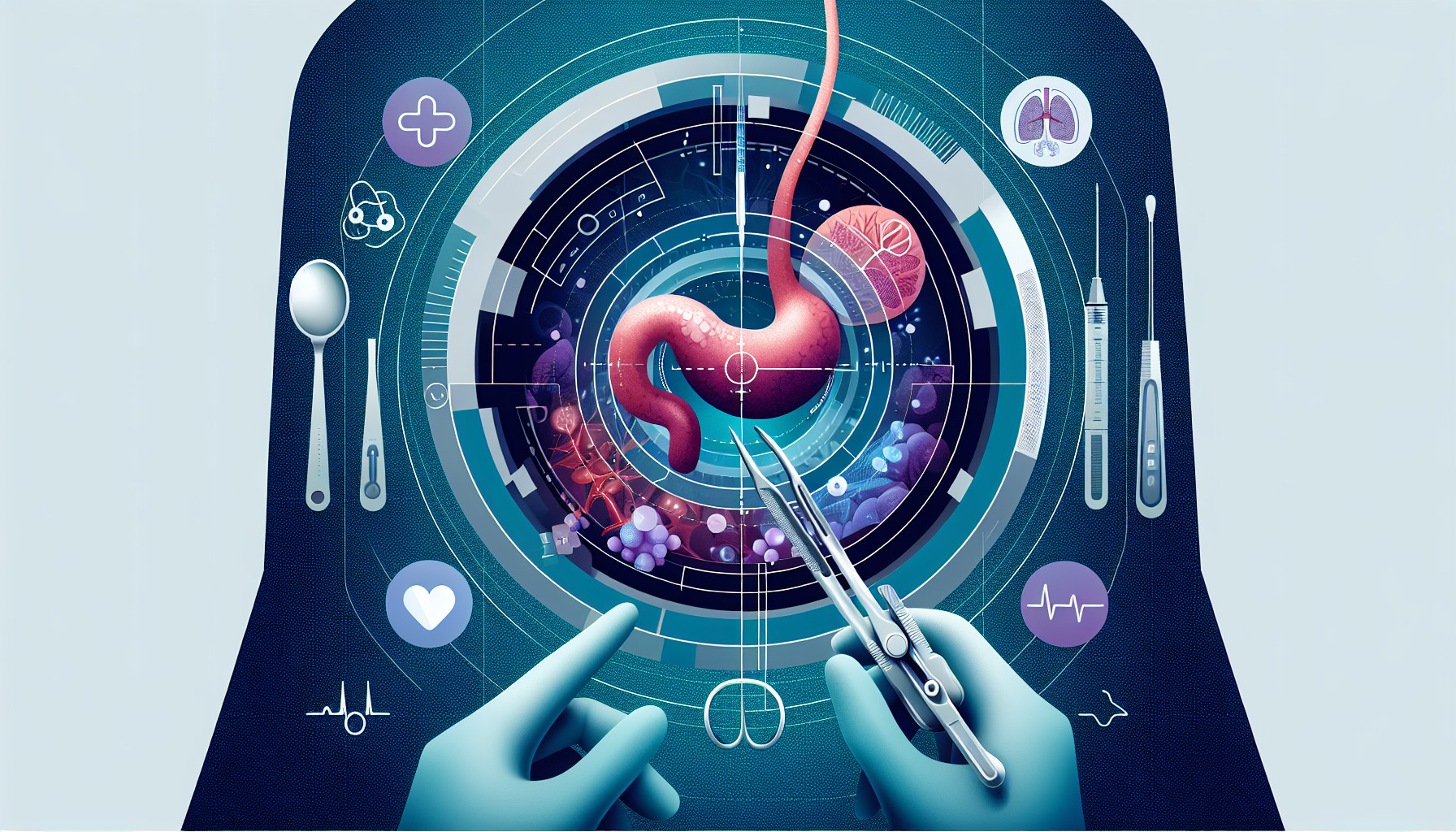Our Summary
This study evaluates two methods of treating acute cholecystitis, a painful inflammation of the gallbladder, through laparoscopic cholecystectomy, a type of surgery to remove the gallbladder. The researchers wanted to know which method is better: performing the surgery within 72 hours of diagnosis (early) or waiting for 6-12 weeks after initial conservative treatment (delayed). They compared the two methods based on several factors, including the length of hospital stay, the need to switch to a different kind of surgery (conversion rate), the length of the surgery itself, post-surgery complications, and the total cost of treatment.
The study took place over several years at the University Clinical Center of Republika Srpska and included 84 patients with acute cholecystitis. These patients were divided into two groups, with 42 patients each, for early and delayed surgery.
The results showed that more women than men were part of the study in both groups. The findings indicated that early surgery had several advantages over delayed surgery. These included a lower average treatment cost, shorter hospital stays, fewer cases of needing to switch to a different kind of surgery, and a lower total cost. Therefore, the study concluded that early laparoscopic cholecystectomy is the preferred method for treating acute cholecystitis.
FAQs
- What is the benefit of performing early laparoscopic cholecystectomy over delayed surgery?
- How many patients participated in the study and how were they divided among the two methods of treatment?
- What factors were considered when comparing the two methods of laparoscopic cholecystectomy?
Doctor’s Tip
A helpful tip a doctor might tell a patient about laparoscopic cholecystectomy is to consider having the surgery done early, within 72 hours of diagnosis, as it may result in a shorter hospital stay, fewer complications, and lower overall treatment costs compared to delayed surgery. It is important to discuss the timing of the surgery with your healthcare provider to determine the best course of action for your individual situation.
Suitable For
Typically, patients who are recommended for laparoscopic cholecystectomy are those who have been diagnosed with acute cholecystitis, a painful inflammation of the gallbladder. This surgery is often recommended for patients who have not responded well to conservative treatments or who have recurrent gallstone-related issues. Additionally, patients who are otherwise healthy and fit for surgery are good candidates for laparoscopic cholecystectomy.
Timeline
Before laparoscopic cholecystectomy:
- Patient experiences symptoms of acute cholecystitis such as severe abdominal pain, fever, nausea, and vomiting
- Patient undergoes diagnostic tests such as ultrasound or CT scan to confirm the diagnosis
- Patient may receive conservative treatment such as antibiotics and pain medication to manage symptoms
- Decision is made to proceed with laparoscopic cholecystectomy
After laparoscopic cholecystectomy:
- Patient undergoes surgery to remove the gallbladder through small incisions in the abdomen
- Procedure typically takes around 1-2 hours
- Patient recovers in the hospital for 1-2 days before being discharged
- Patient may experience some pain and discomfort at the incision sites
- Patient is advised to avoid heavy lifting and strenuous activity for a few weeks
- Patient may need to follow a special diet initially to aid in digestion without a gallbladder
- Overall, patient should experience relief from symptoms of acute cholecystitis and improved quality of life.
What to Ask Your Doctor
Some questions a patient should ask their doctor about laparoscopic cholecystectomy include:
- What are the risks and benefits of laparoscopic cholecystectomy compared to other treatment options?
- How long will I need to stay in the hospital after the surgery?
- What is the expected recovery time and when can I resume normal activities?
- What are the potential complications of the surgery and how are they managed?
- Will I need to follow a special diet or make any lifestyle changes after the surgery?
- How often will I need to follow up with you after the surgery?
- What is your experience and expertise in performing laparoscopic cholecystectomy?
- Are there any specific factors in my case that may affect the success of the surgery?
- How will my pain be managed after the surgery?
- What should I do if I experience any concerning symptoms after the surgery?
Reference
Authors: Janjic G, Simatovic M, Skrbic V, Karabeg R, Radulj D. Journal: Med Arch. 2020 Feb;74(1):34-38. doi: 10.5455/medarh.2020.74.34-37. PMID: 32317832
